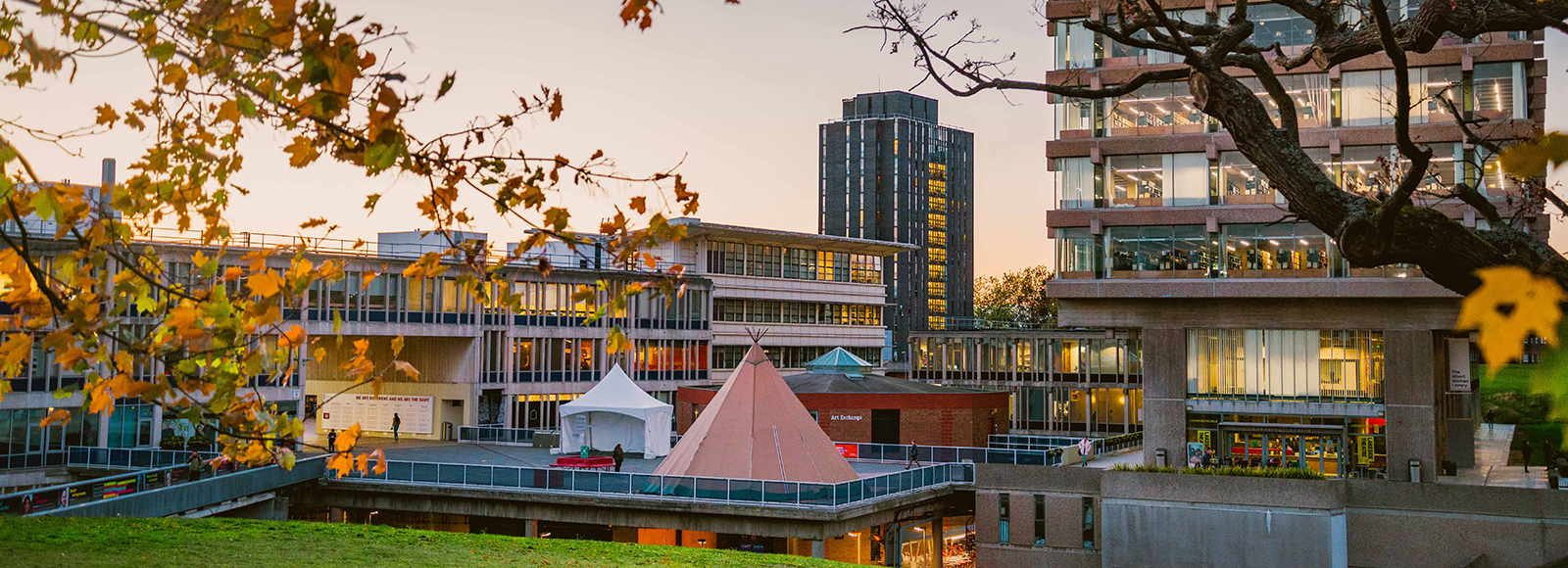- ...
Postgraduate Studentships - Search for funding opportunities.
Postgraduate Studentships - Search for funding opportunities.
Economic actors and institutions – including private businesses, the World Bank, and the WTO – can have a profound impact on the realisation of human rights. Whether it’s a case of an indigenous community displaced from their land for the benefit of a mining company, a World Bank-funded dam that pollutes the environment, or a state being unable to provide crucial medicines because of international property agreements, understanding the relationship between human rights and economic actors, activities, and institutions is necessary for securing the full realisation of rights.
International human rights law has traditionally focused only on the relationship between the state and individuals, meaning that businesses and international economic institutions have escaped both responsibility and liability. By pursuing LLM International Human Rights Law (Economic Relations), you will learn about the challenges, pitfalls and (most importantly) the opportunities to pursue greater compliance by and accountability for economic actors when their activity harms human rights.
Our LLM International Human Rights Law (Economic Relations) builds off of our foundation LLM International Human Rights Law, meaning that you will take the same compulsory modules that will expose to you the theories, institutions and practice of international human rights law. You will also take compulsory modules that address businesses’ responsibility for human rights, and the relationship between human rights and international trade and investment law. You will complement these compulsory modules with optional modules of your choosing, and then complete your degree with a dissertation focused on issues of human rights and economic actors and relations.
You also have an opportunity to work with our Essex Business and Human Rights Project (EBHR) or a relevant project in the Essex Human Rights Centre Clinic. In working with EBHR or a Clinic project, you will have an opportunity to develop research skills, to apply those skills to practical problems arising within the field, and to network with our alumni and other leading figures within the fields of business, investment, trade and human rights. Students are also given the flexibility to attend the annual UN Forum on Business and Human Rights, either as a student volunteers or as individual attendees (although students must bear their own expenses for this trip).
Our LLM in International Human Rights Law (Economic Relations) attracts some of the most experienced and academically qualified students from around the world. It aims to produce graduates who will be leaders in the field. Our Essex human rights alumni work for a variety of relevant stakeholders, working with large multinational corporations and small non-governmental organisations, researching at academic institutions, litigating cases with law firms, and serving in either their national governments, national human rights institutes, or in intergovernmental organisations, including the United Nations. Each year, alumni working in these areas meet up with our current staff and students at the annual United Nations Business and Human Rights Forum.
There are a range of fellowships and bursaries available for LLM study.
This course is also available on a part-time basis.
Placement Opportunities
We strongly encourage those without previous human rights experience undertake at least a one-month internship with an intergovernmental or non-governmental organisation in London, Geneva or elsewhere. We offer up to 10 bursaries a year to help LLM students wishing to undertake placements.
This can be accommodated while studying for your dissertation, and extensions are available for those wishing to pursue this option full-time (for students who do not require a visa to study in the UK).
Students have previously interned with Amnesty International, Anti-Slavery International, Article 19, the Centre on Housing Rights and Evictions, the Council of Europe, JUSTICE, the International Commission of Jurists, the International Service for Human Rights, INTERIGHTS, Minority Rights Group International, REDRESS and UNHCR to name a few organisations.
We will consider all applicants with 2:2 or above, or equivalent international qualifications. For some courses, there may be additional requirements which can be found on our website.
For fees and funding options including scholarships available please visit website to find out more
The majority of our students go on, or return, to work in human rights as litigators, in NGOs and international organisations like the UN, in government (particularly Ministries of Foreign Affairs) and in academia. They are a conspicuous presence in all the key human rights hubs in the world.
Our School of Law graduates have gone on to a wide variety of careers in international and intergovernmental organisations or employment with governments across the world, in commerce and banking, in non-governmental organisations and, as might be expected, in the legal profession and the judiciary. Recent graduates of LLM International Human Rights Law have found employment as:
We are first university in the UK to sign a memorandum of understanding with the United Nations High Commission for Refugees (UNHCR). This creates internship and research opportunities for our postgraduate students and is based on our long-established expertise in international humanitarian law.

Founded by Sir Albert Sloman during the peak of the counterculture, the University of Essex was built to be “a new kind of university…where research r...
Sign up to Postgraduate Studentships
Sign up to compare masters
Thanks for making your selection. Click below to view your comparisons.